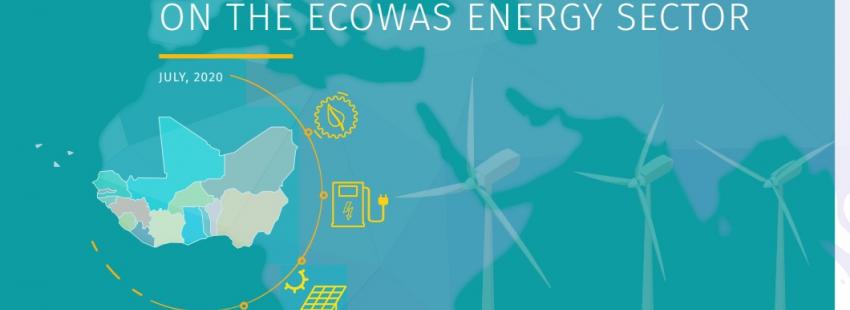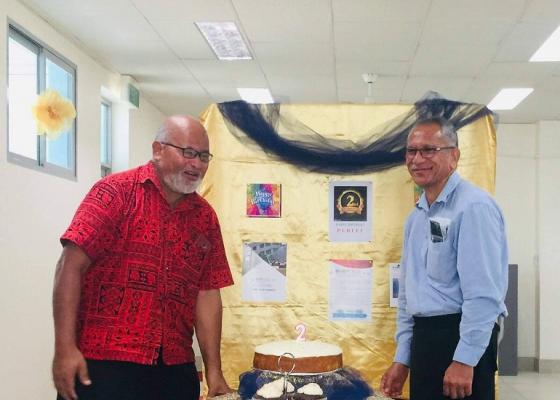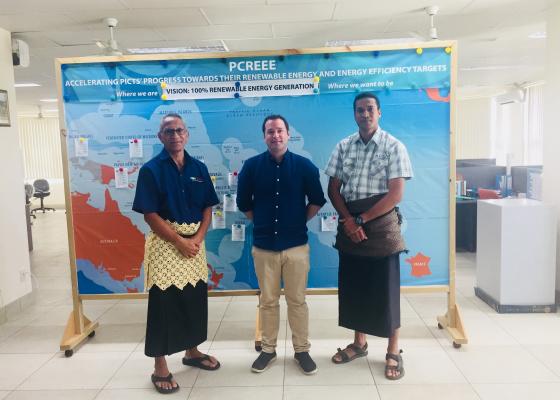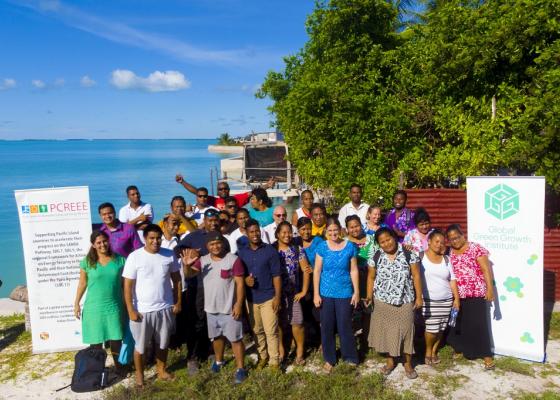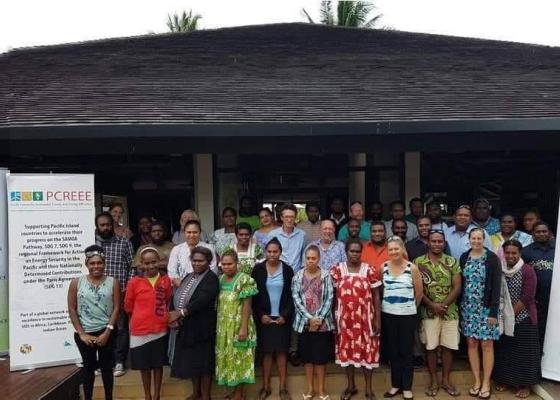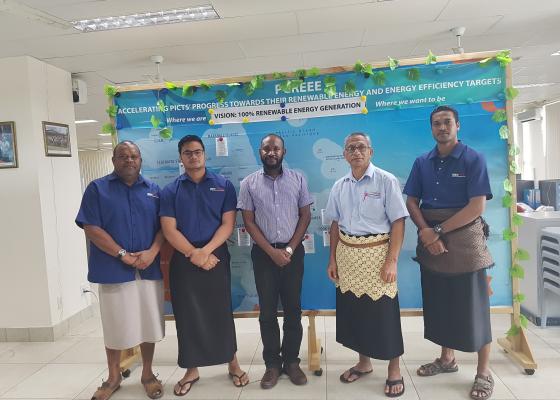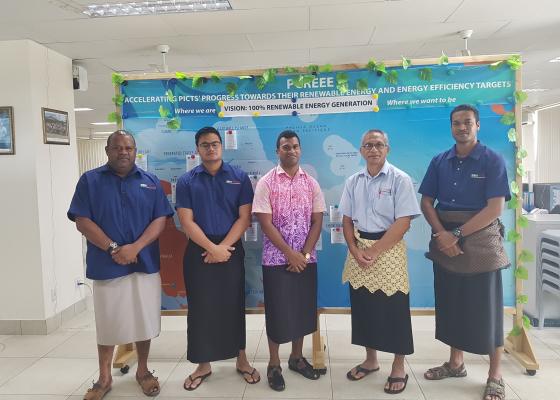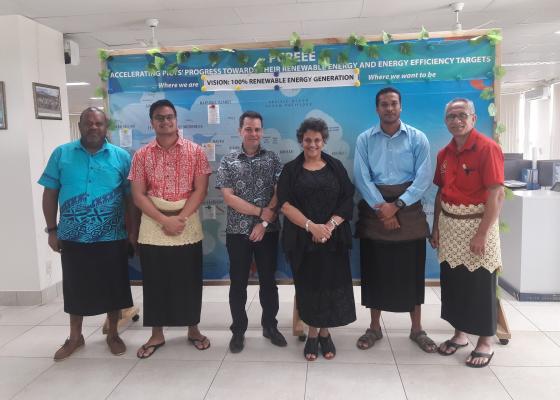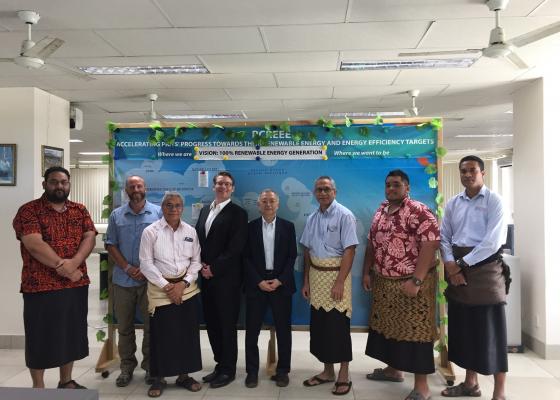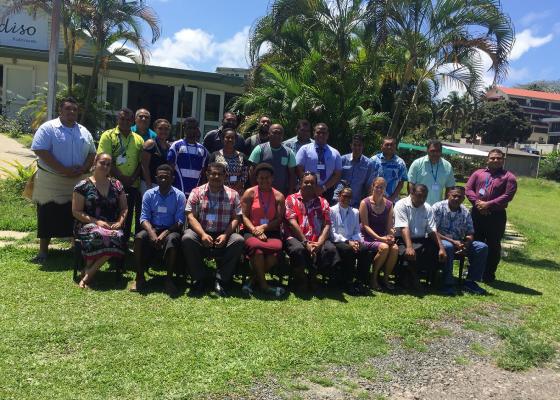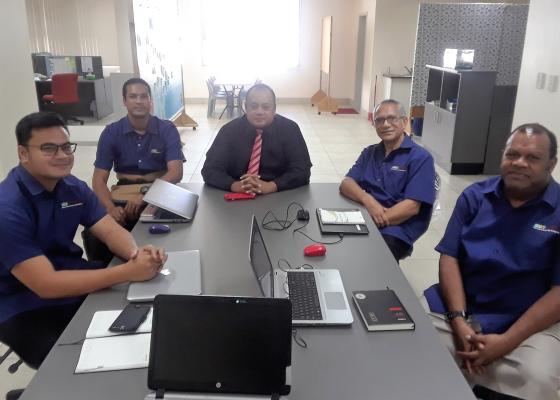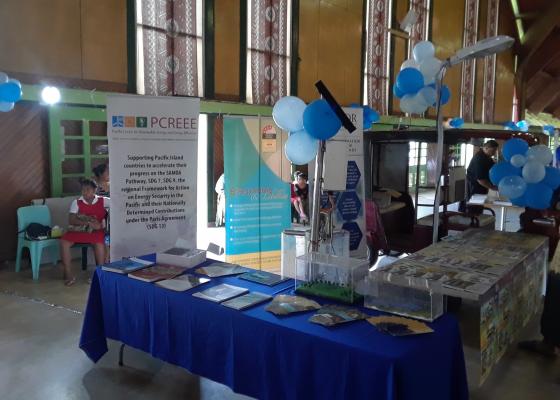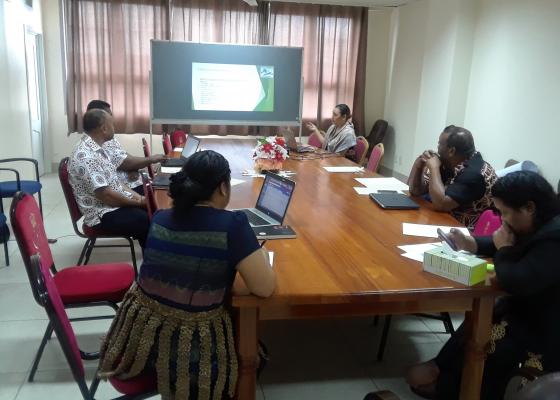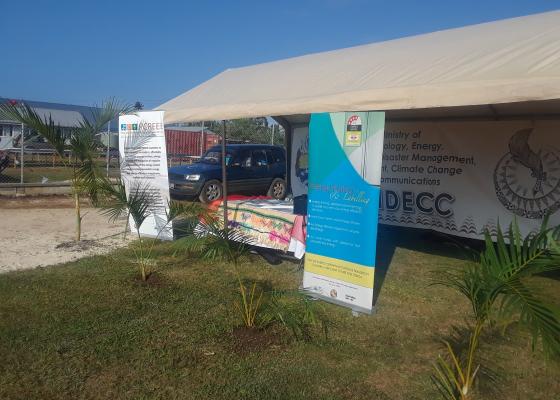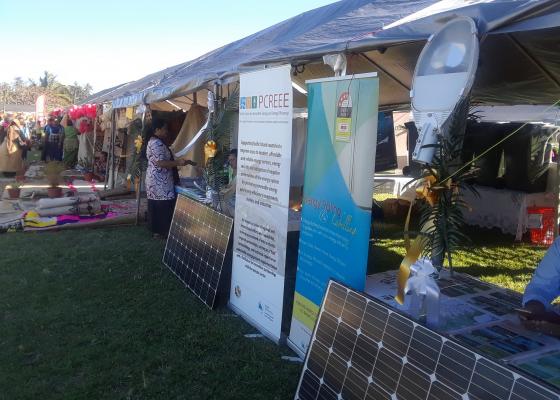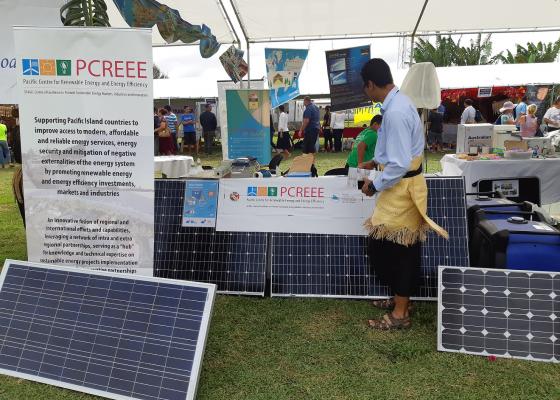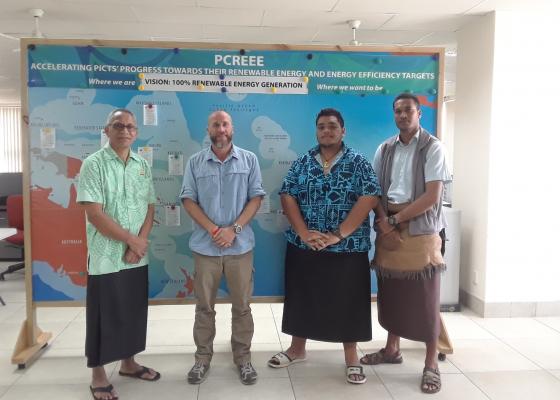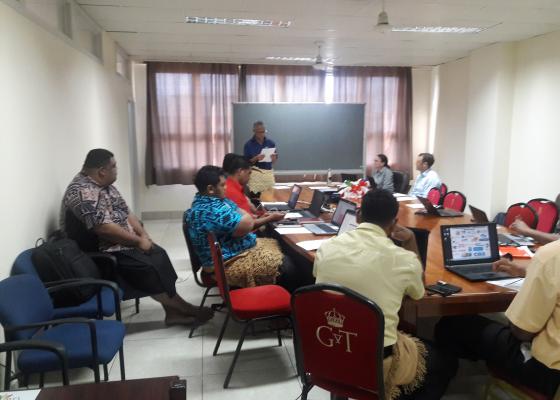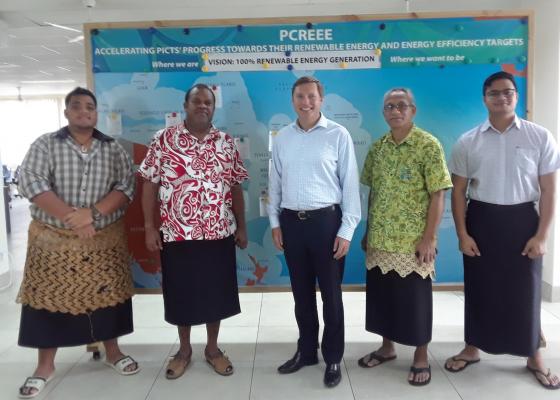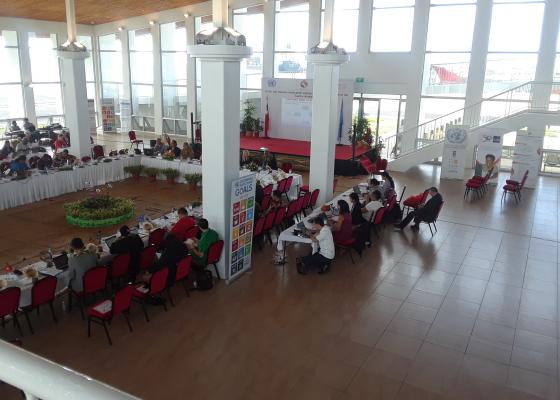ECREEE publishes policy brief on the impact of COVID-19 on the ECOWAS Energy Sector

All fifteen ECOWAS countries are recording COVID-19 cases and, sadly, mortalities. As of July 20, 2020, the region had a total of 107,716 confirmed cases and 1,710 deaths. Besides the citizen health and healthcare sector impacts, COVID-19 has also compounded other developmental challenges, leading ECOWAS member states to seek long-term solutions that will ease the effects of the pandemic on their economies.
As ECOWAS countries grapple to slow the spread of the virus, they must also face the fact that without adequate energy, it is much harder to sustain measures needed to fight a virus like this one. Being confined without electricity, water, and fuel for cooking and other uses is the reality for millions in the region. Those living in rural off-grid communities, those served by weak and unreliable grid networks, and those without access to clean cooking systems are bearing the brunt of the pandemic.
The pandemic has revealed even more underlying vulnerabilities in the region’s energy sector. We have seen delays in the implementation of energy strategies, including the postponement of planned generation capacity and, of course, for some countries, a reduction in public revenues due to the global decline in oil prices. In addition, energy demand reduced significantly in the industrial and economic sectors but increased in the domestic sector, creating a new wave of energy-vulnerable citizens and, at the same time, reiterating the fragility of utilities in the region. As countries in the region try to cope with the surging numbers of infected persons, there has been a need for constant electrification of traditional health centres and makeshift health facilities.
To shed light on the role of energy and its essential services for the COVID-19 recovery of the region, ECREEE published the policy brief "Impact of COVID-19 on the ECOWAS Energy Sector". The ECREEE brief is part of the GN-SEC efforts to provide guidance to policy makers. The policy response "COVID-19 and the Energy Sector: Perspectives for Policymakers" of the Caribbean Centre for Renewable Energy and Energy Efficiency (CCREEE) is available here. In this context, we refer also to the opinion peace of Mr. Gary Jackson, Executive Director of CCREEE,
Upcoming Events
-
03/25/2026 to 03/26/2026
-
03/26/2026 to 03/27/2026
-
04/09/2026 to 04/10/2026
-
04/20/2026 to 04/24/2026
-
04/27/2026

